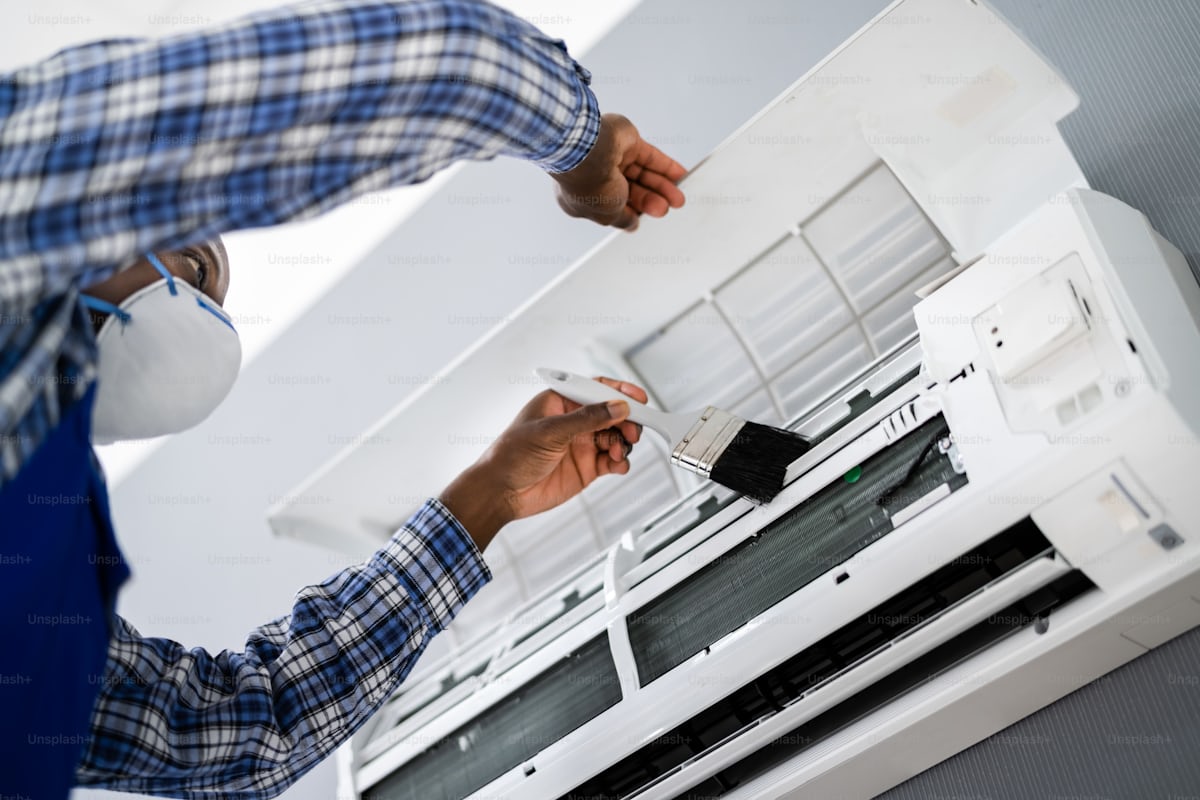Dishwashers are an essential appliance in many households, making our lives easier by saving time and effort when it comes to cleaning dishes. However, like all appliances, dishwashers can encounter problems that may require Bosch dishwasher repair. Recognizing the signs of malfunction early can save you time and money in the long run.
Here are ten signs your dishwasher needs repair, along with tips on how to fix them.
1. Dishes Are Still Dirty After a Cycle
One of the most frustrating issues is opening your dishwasher to find dirty dishes after a complete wash cycle. This can be caused by several factors:
- Clogged Spray Arms: If the spray arms are blocked by food debris or mineral buildup, they won’t distribute water effectively. Inspect them and clean any obstructions.
- Poor Loading: Ensure that dishes are loaded correctly. Avoid overcrowding, which can prevent water from reaching all items.
- Faulty Detergent Dispenser: If the detergent isn’t being dispensed properly, check if the dispenser is clogged or malfunctioning.
Fix: Clean the spray arms and the detergent dispenser, and adjust the loading technique to ensure proper water flow.
2. Water Leaking from the Dishwasher
Water pooling around the dishwasher is a clear sign of trouble. Potential causes include:
- Damaged Door Seal: A worn or damaged door gasket can allow water to escape.
- Loose Connections: Check the hoses connected to the dishwasher for any leaks or loose fittings.
- Faulty Pump: If the pump is malfunctioning, it may cause leaks.
Fix: Inspect the door seal for damage and replace it if necessary. Tighten any loose connections and replace the pump if it’s defective.
3. Unpleasant Odors
If your dishwasher has developed a foul smell, it could be due to food particles trapped in the filter or spray arms. Other causes may include:
- Mold and Mildew: Moisture can lead to mold growth, especially if the dishwasher is not used regularly.
- Clogged Drain: A blocked drain can cause stagnant water, leading to bad odors.
Fix: Clean the filter and spray arms thoroughly. Run a cycle with vinegar to eliminate odors and consider using a dishwasher cleaner regularly.
4. The Dishwasher Won’t Start
A dishwasher that won’t start can be frustrating. Possible reasons include:
- Power Issues: Check if the appliance is plugged in and if the circuit breaker has tripped.
- Door Latch: If the door latch isn’t securing properly, the dishwasher won’t start.
- Control Panel Problems: Malfunctions in the control panel or a faulty timer can also prevent the dishwasher from starting.
Fix: Ensure the dishwasher is plugged in and reset the circuit breaker. Check the door latch and, if necessary, consult the manual for control panel troubleshooting.
5. Strange Noises During Operation
Unusual noises such as grinding, rattling, or buzzing can indicate issues:
- Foreign Objects: Check for utensils or debris that may have fallen into the bottom of the dishwasher.
- Worn-Out Parts: Bearings or motors may be wearing out and causing noise.
- Loose Components: Components may be loose and rattling during operation.
Fix: Inspect the interior for foreign objects and remove them. If the noise persists, inspect the motor and bearings, replacing them if needed.
6. Water Not Draining
If water remains in the bottom of the dishwasher after a cycle, it indicates drainage issues. Common causes include:
- Clogged Filter: The filter can become clogged with food particles.
- Blocked Drain Hose: Inspect the drain hose for kinks or blockages.
- Faulty Drain Pump: If the drain pump is malfunctioning, it may need replacement.
Fix: Clean the filter and check the drain hose for obstructions. If the problem continues, test the drain pump for functionality and replace it if necessary.
7. Error Codes on the Display
Modern dishwashers often have digital displays that show error codes. These codes can indicate specific issues that need attention, like:
- Water Supply Issues: Error codes related to water supply usually indicate clogged filters or closed valves.
- Temperature Problems: Codes showing temperature issues might indicate a faulty heating element.
Fix: Consult the user manual for specific codes and troubleshooting steps. Address the indicated issues as per the instructions.
8. The Dishwasher Is Overheating
If your dishwasher is excessively hot or emitting steam, it may be overheating. This can be caused by:
- Faulty Thermostat: A malfunctioning thermostat may not regulate water temperature correctly.
- Overuse of Detergent: Using too much detergent can cause excessive suds and heat.
Fix: Check the thermostat and replace it if it’s faulty. Use the recommended amount of detergent to avoid overheating.
9. Dishes Are Cloudy or Streaky
Cloudy or streaky dishes can be frustrating, especially after a thorough wash. This issue is often due to:
- Hard Water: Mineral deposits from hard water can leave a cloudy residue on glassware.
- Improper Detergent: Using the wrong type of detergent can also lead to streaks.
Fix: Use a rinse aid to help combat hard water stains and consider a water softener if hard water is a persistent issue.
10. The Dishwasher Smells Like Burning
A burning smell is a serious concern and could indicate electrical problems or overheating. Potential causes include:
- Overheating Motor: A malfunctioning motor can overheat and produce a burning smell.
- Electrical Issues: Faulty wiring or components can also cause burning odors.
Fix: Turn off the dishwasher immediately and disconnect it from the power source. Inspect for signs of electrical damage and consult a professional technician if the motor is overheating.
Conclusion
Recognizing the signs that your dishwasher needs repair can save you time, money, and hassle. Regular maintenance, such as cleaning filters and spray arms, can help prevent many common issues. If you encounter persistent problems, it’s often best to consult a professional technician to ensure your dishwasher gets the proper care it needs. By being proactive and attentive to these signs, you can extend the life of your dishwasher and keep your kitchen running smoothly.
